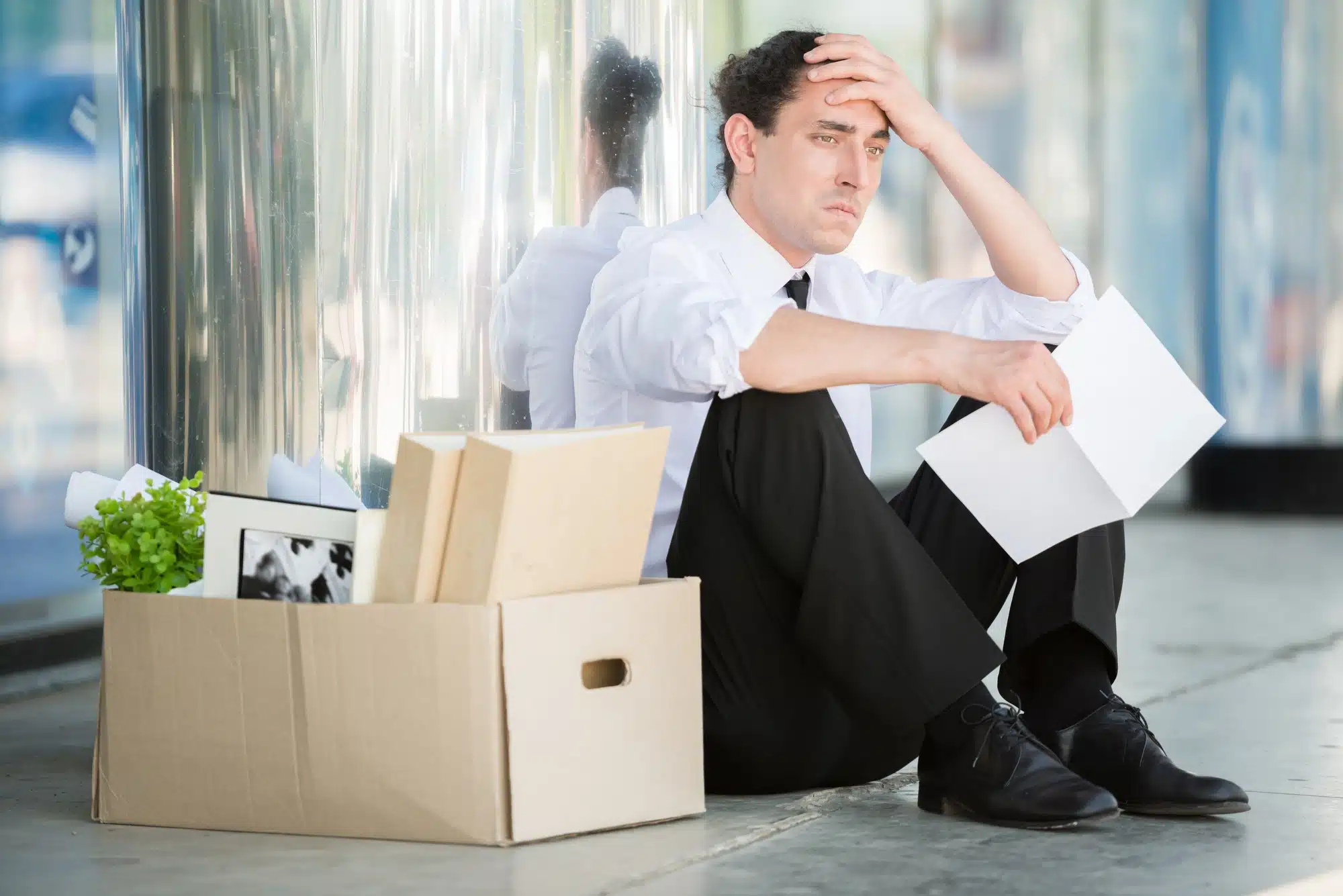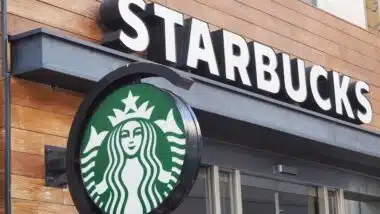
The ongoing coronavirus pandemic has affected people in countless ways all across the country and the globe. Sadly, many people have been laid off as their workplaces shut down or reduced staff to comply with state and federal social distancing guidelines, as well as plummeting sales.
Indeed, around 10 million Americans have filed for unemployment since the coronavirus pandemic began spreading across the U.S. The majority of these were filed in the last week of March, with about 6.6 million people filing unemployment claims, far more than the previous record of 695,000 in October 1982. Still more are expected to be filing their unemployment claims in the coming weeks.
Which Industries Are Seeing the Largest Layoffs?
A wide range of industries have been severely impacted by coronavirus, leading to these unprecedented numbers of layoffs. Manufacturing, airlines, trucking, travel agencies, event companies, and more have been drastically affected. Walt Disney World will be furloughing 43,000 employees, leaving just 200 essential workers to maintain its parks while they are closed, and leading to questions about California labor laws.
Gig workers and independent contractors are also in a tough place, as they may not have technically lost jobs, but the availability of work is drying up, and until recently, they did not have access to unemployment insurance. Under the Pandemic Unemployment Assistance plan, which is part of the new stimulus bill, freelancers and gig workers are eligible for half of their state’s unemployment benefits along with an extra $600 per week.
Hospitality and retail industries have been hit particularly hard—not just because of large numbers of laid-off workers, but also because these workers are often receiving bad or no severance packages from their employers, leaving them in an often precarious financial situation.
The Chicago Tribune reports that many businesses who aimed to temporarily lay off workers during the coronavirus crisis have had to make those layoffs permanent. This has increasingly become the case as the pandemic drags on, and its effects persist.
This bleak situation is reportedly not entirely mitigated by the federal government’s relief efforts. Even with this aid, companies have been profoundly affected in ways that are long-term. Such may the case of the entertainment business, other businesses connected to it, and those that rely on in-person customers.
In the cases of businesses like these, their customer base may not bounce back to the level needed to retain all of their staff. In the case of others, just the sheer financial hit of the past few months may be significant enough to necessitate budget cuts in the form of layoffs, or even closures.
The Chicago Tribune goes on to explain that over 20.5 million people have lost their jobs because of the coronavirus. However, almost 80% of laid off workers qualify this job loss as a temporary one — a positive element of what largely seems to be a dismal unemployment trend.
One element that makes COVID’s financial hit on businesses hard to interpret is that it is unclear how much aid businesses can expect to receive moving forward. Reportedly, Congress has not agreed on how much, if any, additional aid should be given out. Some Republicans have been concerned that additional aid could take a damaging toll on federal debt, while some Democrats believe that additional aid could stimulate the economy.
Fall COVID-19 Restrictions Hit California Workers Again
As coronavirus cases rose this fall, California retightened restrictions, including a nighttime curfew and customer limits in businesses. Business owners told reporters that the additional restrictions have forced them to lay off workers again, but this time there is much less support.
“It’s not good, but there’s nothing we can do,” an LA restaurant owner told The Los Angeles Times after indoor and outdoor dining was prohibited and the business was limited to take out only. “Usually the holidays are a nice little bump for us, but it looks like that’s not going to happen this year.”
Indeed, The LA Times reports that many restaurants have had to cut hours and resort to layoffs, but still worry if they will survive this second wave of COVID-19 restrictions. One owner pointed out to reporters that the initial lockdown in the spring came with federal support for businesses and laid off employees.
“The fact that there is a restaurant aid bill sitting in Congress right now and it hasn’t been passed, it’s a complete train wreck,” another restaurant owner told the LA Times. “They’re letting independent restaurants die.”
Restaurant owners told the LA Times that they have no choice but to lay off their staff and they are worried for them.
“So many people are losing their jobs right before the holidays,” a chef told reporters. “I have two kids at home and I’m trying to support my family. I’m terrified.”
Is it Legal For an Employer to Fire You if You Have Coronavirus?
Even in more normal times, the Family and Medical Leave Act (FMLA) and the Americans with Disabilities Act (ADA) protects workers who are sick from being fired for being sick. Now, a new law called the Families First Coronavirus Response Act says definitively that it is illegal for employers to “discharge, discipline, or in any other manner discriminate against any employee” who tries to make use of the law’s provisions for workers with coronavirus or otherwise affected by the pandemic.
What Are Your Rights as an Employee?
If you have coronavirus, your first step is to stay home from work. CDC guidelines state that employees who have coronavirus symptoms (including fever, cough, or shortness of breath) should be sent home as soon as these symptoms start.
First, employees who have contracted coronavirus can use any paid sick leave they have to receive income even while not at work. Some employers only provide as little as three days of sick pay; however, the Families First Coronavirus Response Act entitles workers at companies with fewer than 500 employees to access up to 2 weeks of additional paid sick days.
State disability insurance may also help to replace some of the income lost from not working due to having coronavirus, which usually provides 60–70% of normal pay.
Workers’ compensation benefits, including temporary disability payments and medical treatment can also be accessed. COVID-19 can be considered work-related if you are affected at work.
State and federal laws may provide certain workers with up to 12 weeks of unpaid, job-protected leave.
Jobs that allow for telecommuting, or work to be done remotely from home are now a saving grace for many Americans trying to make ends meet. Unfortunately, there is no federal or California law that requires employers to allow their workers to work remotely; asking your employer whether it is possible to work from home likely will not hurt, and could result in a much safer work environment during this pandemic.
In San Francisco specifically, employees have the right under the Family Friendly Workplace Ordinance to request flexible or predictable arrangements in order to assist with caregiving responsibilities, such as of children (who are now home during school closures), a family member with a serious health condition, or an elderly parent. The ordinance does not guarantee that the employee will receive this accommodation, but does give a formal method of requesting it.
Under state and federal disability law, an immunocompromised worker may be able to seek telecommuting accommodations.
Are You Eligible For Termination Severance Pay?
 After being laid off, employees must be paid all wages due, which includes wages as well as earned but unused vacation pay. California law, however, does not require that employers pay accrued sick leave.
After being laid off, employees must be paid all wages due, which includes wages as well as earned but unused vacation pay. California law, however, does not require that employers pay accrued sick leave.
In California, there is no law requiring that employers provide their staff termination severance pay, but businesses are required to comply with the severance packages they have already established with their employees.
In some cases, workers who have been laid off have been receiving severance pay based on their base wages, rather than their total salary with tips included. Some are getting fewer weeks of severance than they thought they could expect, and others are being left with no severance pay at all.
Can You Sue Your Employer?
In the midst of this pandemic as people are being laid off, losing healthcare, and are being forced to drastically change their ways of life, it is especially important that employees are compensated the full amount they’re due by their employers, including potential termination severance pay.
If you are a California worker who was laid off without the termination severance pay or other compensation you’re owed, you have been unlawfully laid off, or other labor laws have been violated, you may be able to file a California wage and hour lawsuit and pursue compensation.
Filing a lawsuit can be a daunting prospect, especially while dealing with a tidal wave of other issues during this pandemic, so Top Class Actions has laid the groundwork for you by connecting you with an experienced attorney. Consulting an attorney can help you determine if you have a claim, navigate the complexities of litigation, and maximize your potential compensation.
Join a Free California Wage & Hour Class Action Lawsuit Investigation
If you were forced to work off the clock or without overtime pay within the past 3 years in California, you have rights – and you don’t have to take on the company alone.
ATTORNEY ADVERTISING
Top Class Actions is a Proud Member of the American Bar Association
LEGAL INFORMATION IS NOT LEGAL ADVICE
Top Class Actions Legal Statement
©2008 – 2026 Top Class Actions® LLC
Various Trademarks held by their respective owners
This website is not intended for viewing or usage by European Union citizens.















2 thoughts onAre You a California Worker Who Was Laid Off Because of the Coronavirus?
My last date of work was March 3 . I was laid off due to the coronavirus